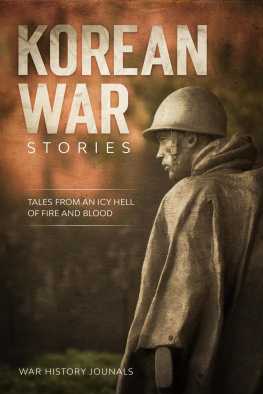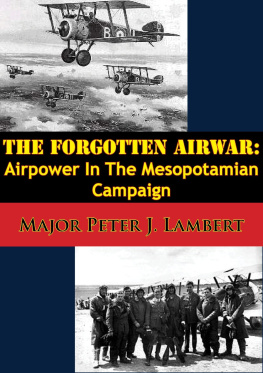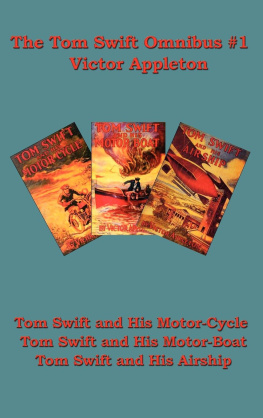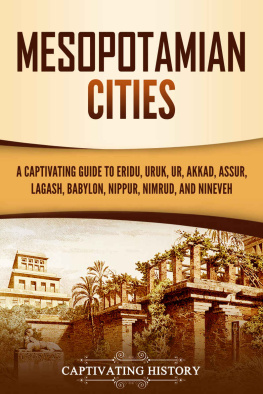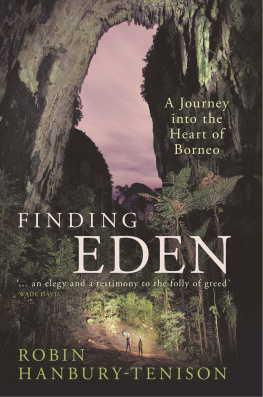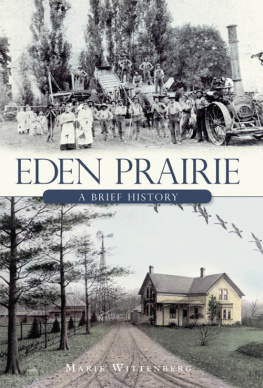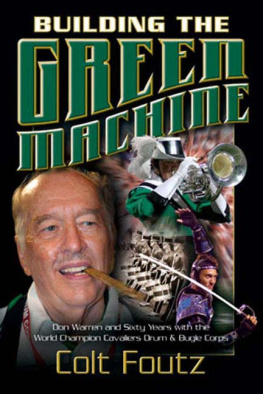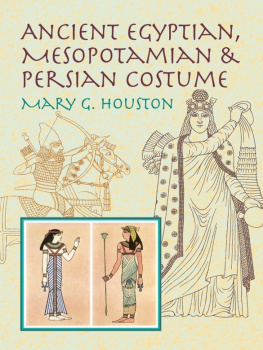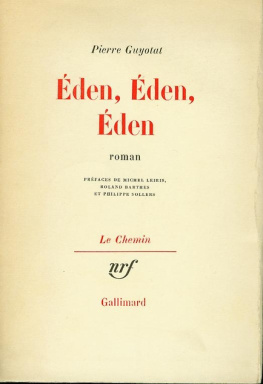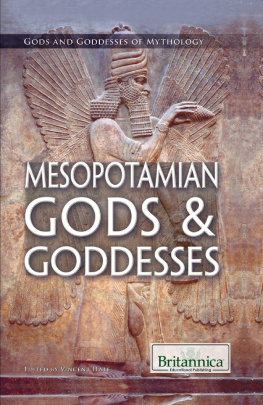War History Journals - Journey into Eden: WWI Adventures in the Mesopotamian Motor Machine Gun Corps
Here you can read online War History Journals - Journey into Eden: WWI Adventures in the Mesopotamian Motor Machine Gun Corps full text of the book (entire story) in english for free. Download pdf and epub, get meaning, cover and reviews about this ebook. year: 2020, publisher: Storyteller Books, LLC, genre: Non-fiction. Description of the work, (preface) as well as reviews are available. Best literature library LitArk.com created for fans of good reading and offers a wide selection of genres:
Romance novel
Science fiction
Adventure
Detective
Science
History
Home and family
Prose
Art
Politics
Computer
Non-fiction
Religion
Business
Children
Humor
Choose a favorite category and find really read worthwhile books. Enjoy immersion in the world of imagination, feel the emotions of the characters or learn something new for yourself, make an fascinating discovery.

- Book:Journey into Eden: WWI Adventures in the Mesopotamian Motor Machine Gun Corps
- Author:
- Publisher:Storyteller Books, LLC
- Genre:
- Year:2020
- Rating:5 / 5
- Favourites:Add to favourites
- Your mark:
- 100
- 1
- 2
- 3
- 4
- 5
Journey into Eden: WWI Adventures in the Mesopotamian Motor Machine Gun Corps: summary, description and annotation
We offer to read an annotation, description, summary or preface (depends on what the author of the book "Journey into Eden: WWI Adventures in the Mesopotamian Motor Machine Gun Corps" wrote himself). If you haven't found the necessary information about the book — write in the comments, we will try to find it.
Journey into Eden: WWI Adventures in the Mesopotamian Motor Machine Gun Corps — read online for free the complete book (whole text) full work
Below is the text of the book, divided by pages. System saving the place of the last page read, allows you to conveniently read the book "Journey into Eden: WWI Adventures in the Mesopotamian Motor Machine Gun Corps" online for free, without having to search again every time where you left off. Put a bookmark, and you can go to the page where you finished reading at any time.
Font size:
Interval:
Bookmark:


Copyright 2020 by Storyteller Books, LLC
All rights reserved.
This book is based on true events. Some of the characters and events portrayed in this book are fictitious. Any similarity to real persons, living or dead, is coincidental and not intended by the author.
No part of this book may be reproduced in any form or by any electronic or mechanical means, including information storage and retrieval systems, without written permission from the author, except for the use of brief quotations in a book review.
Out of respect to a good soldier, serving in a difficult theater.
In 1914 Iraq didnt exist. Mesopotamia was a geographical expression that meant, The Land between Two Rivers. It referred to modern day southern Iraq between the Euphrates and Tigris rivers. The Iraq we know today was created from three provinces of the Turkish (Ottoman) EmpireMosul, Basra, and Baghdad.
By the start of the Great War, Mesopotamia was a political, military, and economic backwater in the Ottoman empire. It contained the two Shia holy cities of Karbala and Najaf. As well as linking to India and Iran (Persia). Mesopotamia was known as the Garden of Eden, Cradle of Civilization and the birthplace of Abraham in Ur. The city of Basra was an important port as well as being the home port of Sinbad the Sailor.
The British had maintained a strong diplomatic relationship with the Ottoman empire since 1815. Britain even joined the Ottomans against the Russians in the Crimean war. The Ottoman Empire was a useful ally against expansion into India and Central Asia.
British merchants traded in the Arabian Gulf since the 17th century. The British had negotiated and signed diplomatic treaties with the Gulf sheiks. By the 19th century the British/Indian merchants dominated trade in the Gulf. The Royal Navy supported them with anti-gunrunning, anti-slavery, and anti-piracy operations in the Gulf.
While the British dominated shipping between Baghdad and Basra, others moved in to irrigate the desert in hopes of returning the region to its fertile past. Everything changed in 1908, when oil was discovered in Iran. Known today as BP (British Petroleum). They created an oil refinery at Abadan Island in the Shatt-al-Arab waterway between Mesopotamia and Iran.
In the 1890s, Germany challenged British dominance in the region. German merchants traded in the Gulf and began to build the Baghdad to Berlin railway. The German government looked to the Ottoman Empire for support in its aggressive policy of imperial expansion.
When the great war started the Allies tried their best to keep the Ottoman Empire neutral. Germany made the Turks an offer they couldnt resistthe return of territory lost in the Crimean war. The Turks signed a treaty with the Germans a day before Britain declared war on Germany. The clever Turks didnt join the war at firstthey waited before picking a side.
Britain sent the 16th Indian Army to the Gulf. Their instructions were simple:
If the Turks remained neutral, protect the oil on Abadan Island.
If the Turks joined the Germans, protect the oil facilities by capturing Basra.
A week later the Turks attacked the Russian fleet in the Black Sea. The British-Indian 16th brigade captured the Ottoman stronghold on the Al-Fao Peninsula in a stunning amphibious operation.
The British Army in Mesopotamia had over 400,000 men. The majority (over 70%) of who fought were from the Indian Army. The remaining troops were from Britain and her other allies.
This book isnt a history lesson of Allied actions in WWI Mesopotamia.
This is the story of Frank Wooten. He was an American who served as a British officer in a motorized light machine gun unit in the Middle East. His unit was equipped with Rolls Royce armored cars.
He relates his experiences in Mesopotamia as a junior officer with the British Army. He concludes with his account as an officer with the US Army on occupation duty in Germany at the end of World War I.
He took his risks as a soldier, even if assigned to lead the unit's transport/supply section out of concern for his safety. Mostly his view of desert warfare was that of a serving junior officer with no special access to decision making.
Wooten had superior language skills. He became so skilled in Arabic that his unit had additional assignments for him based on his ability to talk with the locals, including local officials.
The old British Army could be somewhat clubby, but it is clear that Wooten had contacts and prior introductions that got him into the tents and households of people where a less connected American would have had little access.
My goal was to incorporate a sense of World War I service in a theater rarely discussed. Many of the same cities and areas modern readers will know from recent actions in the Middle East. My hope is to give the reader a glimpse into WWI Army life, and the give and take of battle without the grit and gore.
This is Frank Wooten telling his story in his words. Gathered and edited from a collection of letters, interviews, clippings, and his personal journal. Lets walk through the pages of history together from a storytellers perspective.
Griffin Smith
War History Journals
M y adventure started off the coast of Southern Italy in the city of Taranto. Reinforcements were being sent from England. The troops would arrive through the Cape of Good Hope in South Africa. From there, theyd trek the entire path north. Others took a train through France and Italy across the Mediterranean into Egypt. Theyd take the Suez Canal, down the Red Sea to the Persian Gulf. The latter was shorter, but more brutal, given the rough terrain in the Mediterranean.
Taranto was accessible through a thin channel, less than 200 yards wide. The historic part of town was built on top of a hill. Winding stone-capped roads wrapped through the town. Gravel alleys served as streets. We walked through town, heard fisherman singing, whistling, and laughing. They enjoyed the day's mission ahead of them. We came to a stone archway with several women sitting around. They seemed to be generations of a family. One of the older women, the grandmother of the group, was blind. She sat knitting and sharing songs with her attentive family. The grandmother sang without pausing to breathe. I carried on and was pushed back to reality.
The rest-camps in Taranto, best described as neat rows of tents on top of dying grass, is where we waited for our orders. No one knew what the Navy Commander had chosen for our fate. This campsite seemed more dismal than others. The Commander was Admiral Mark Kerr. He led the Mediterranean troop. He decided who would join his crew on the HMS Queen, one of seven ships of the Royal Navy. I was chosen to be his guest, a marvelous opportunity.
In the British Empire, the Navy was the highest-ranked service in the nation. It was easy to understand why the officers responded and acted the way they did. They were well-traveled and well-read. They shared stories of their adventures about the distinguished writers and statesmen theyd encountered along the way. We waited for the weather to break to make the journey as smooth as possible.
The admiral wrote poems along his journey. One that stood out was Prayer for the Empire, which the German Emperor respected. He ordered it distributed to the German Naval recruits. The Kaiser's feelings toward the admiral did eventually change. Luckily, the German Emperor heeded the original warning:
Font size:
Interval:
Bookmark:
Similar books «Journey into Eden: WWI Adventures in the Mesopotamian Motor Machine Gun Corps»
Look at similar books to Journey into Eden: WWI Adventures in the Mesopotamian Motor Machine Gun Corps. We have selected literature similar in name and meaning in the hope of providing readers with more options to find new, interesting, not yet read works.
Discussion, reviews of the book Journey into Eden: WWI Adventures in the Mesopotamian Motor Machine Gun Corps and just readers' own opinions. Leave your comments, write what you think about the work, its meaning or the main characters. Specify what exactly you liked and what you didn't like, and why you think so.

